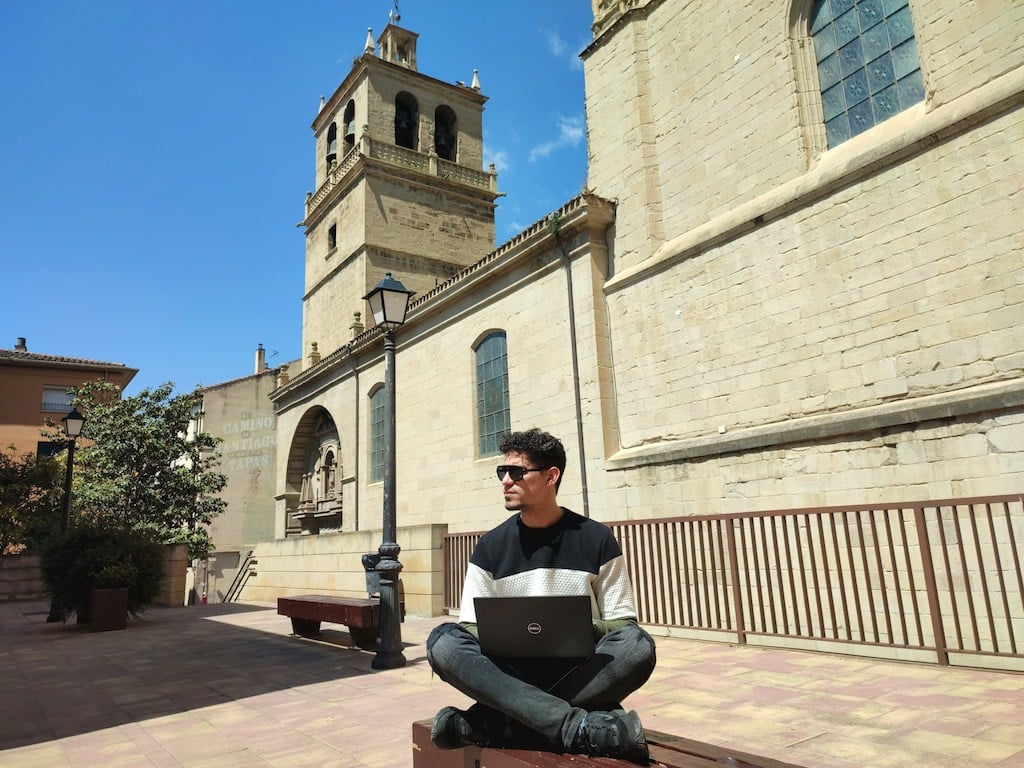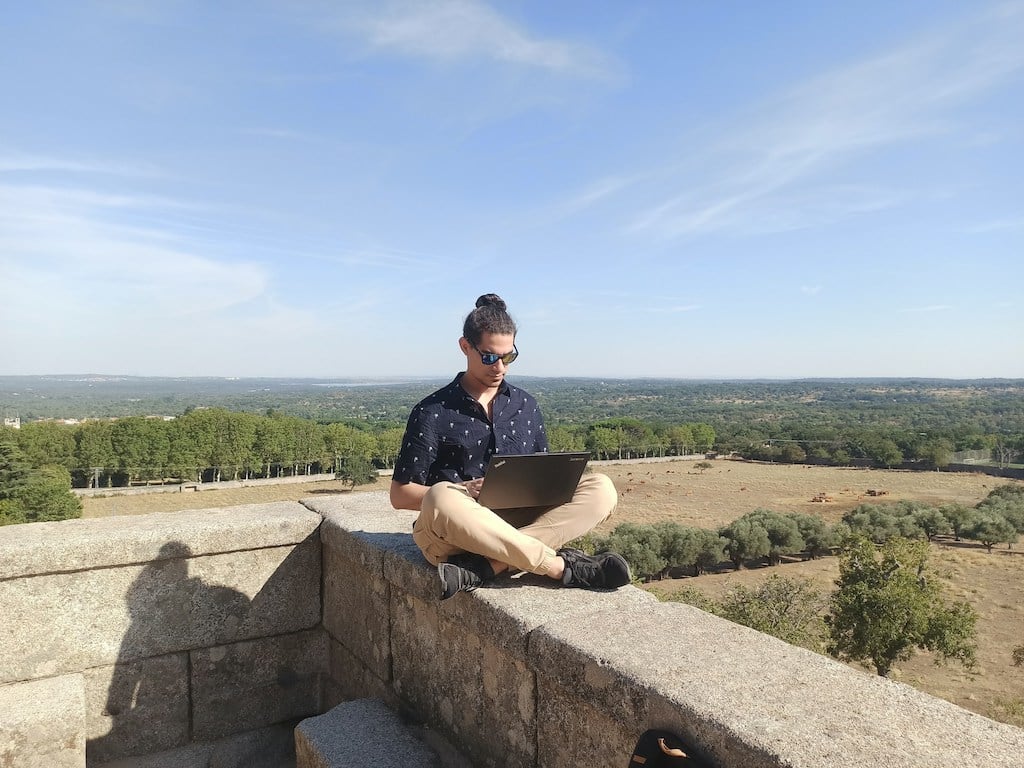Many countries have introduced digital nomad visas as a means to attract visitors and boost their economy.
Generally, to obtain one, those applying need to be able to conduct their work online, to have a contract with a company based outside the country they’re applying to, and to meet a monthly salary level.
Additionally, applicants will need to prove that they have a minimum level of health insurance, means to support themselves and accommodation organised.
It’s also important to note that if you are a citizen of an EEA/Schengen country, you may not be able to apply for these visas – you already have the right to live and work in these countries.
Germany, Austria, Sweden and Switzerland do not currently have offer a ‘digital nomad visa, although there are alternatives.
France and Denmark also have options for those wanting to work remotely.
Several European countries, however, now do offer these visas.
Albania
Albania’s new Unique Permit scheme allows digital nomads to apply for a Type D visa, which is valid for a year, and which can be renewed for up to five years.
While there are no explicit requirements for a monthly or yearly salary, it has been suggested that a minimum yearly income of €9.024,33 would result in an approval.
Applications can take up to twelve weeks, and the costs for the visa will vary, based on your country of origin.
Croatia
Croatia introduced their Digital Nomad Residence Permit in 2021, and it is becoming a popular option for remote workers.
This visa is valid for a year, and can be renewed – although you’ll have to leave the country for six months before you can reapply.
A minimum monthly salary of €2.446,69 is required for a successful application.
The cost of this visa will vary, depending on the country from which you apply.
Cyprus
Cyprus has an appealing Digital Nomad Visa program, albeit one that is capped – only 500 are available per year.
Applicants will need to be able to prove a minimum monthly income of €3,500 to receive a visa, and it is valid for one year – renewable for a further two.
Applicants will need to pay €140 – €70 for the application fee, and €70 for the Alien Registration Certificate.
Estonia
A trailblazer in attracting remote workers, Estonia’s Digital Nomad Visa is one of Europe’s most desirable.
This is due to the country’s excellent online infrastructure and support for remote workers, through its E-Residency Card program.
Applicants can also expect a response to their application within a month – a much shorter waiting period than for several other countries.
Applicants must pay a €60 application fee, and be able to show evidence of a €4,500 monthly salary.
Greece
Greece’s Digital Nomad Visa is valid for two years, renewable for another two years.
It costs €75, and you’ll need to be making at least €3,500 a month to be successful when applying.
Hungary
Hungary’s ‘White Card’ was introduced in 2021 to attract remote workers to the central European country.
The ‘White Card’ is valid for one year, and can be extended once for a further year.
Applicants need to be able to show that they’re earning the equivalent of €3,000 a month, and costs €110 to apply for.
Iceland
Iceland also has a digital nomad visa, although it’s slightly different to many others.
The country’s Long-term visa for Remote Work is only valid for up to 180 days, although it can be applied for again 90 days after leaving the Schengen zone.
It costs €80.96 to apply, and you will need to be making at least €6.636,13 a month to be successful.
Italy
Italy’s digital nomad visa is Europe’s newest, effective from April 4th. The initial visa is valid for a year, and there is no upper limit on renewals, as long as the applicant still meets the criteria.
It’s important to know that applicants will need to be earning €28,000 a year to be successful. The visa must be applied for at the nearest consulate, and costs €116.
Malta
Malta’s Nomad Residence Permit is valid for one year and can be renewed a further three times, for a maximum stay of four years.
Applicants need to show that they are making at least €42,000 a year and the application fee is €300.
Norway
Norway’s digital nomad visa offering is rather unique.
First, the Digital Nomad Visa is valid for up to two years, and can be reapplied for. Applicants must show an annual income of €35,719 and the application costs €600.
Then there’s the Svalbard Digital Nomad Visa. While it has much the same requirements as the regular digital nomad visa, successful applicants must also reside within the Svalbard archipelago, within the Arctic Circle.
Amazingly, there is no expiry date for the Svalbard visa – it has a lifetime duration. However, you will have to pay Norwegian taxes.
Both of these visas can be applied for through the official Norwegian government website.
Spain
Although it was only introduced last year, Spain’s Digital Nomad Visa programme has already proved successful.
The initial visa is valid for one year, and it can be renewed for up to five years.
It costs €80 to apply, and applicants need to show that they’re making a minimum of €2,646 a month.
Portugal
Portugal’s digital nomad visa program is one of Europe’s most well-known.
Two specific visas specifically cater towards digital nomads. The Temporary Stay Visa is valid for three months and can be renewed up to four times – the maximum stay being a year.
This visa costs €75 to apply for, and applicants have to show a monthly salary of €3,280.
The Residency Visa is valid for four months, after which it can be reapplied for, lasting two years.
It costs €80 to apply for, and the income threshold is increased to €3,304.
Family members can accompany those on a Residency Visa, while on a Temporary Stay visa, they cannot.






 Please whitelist us to continue reading.
Please whitelist us to continue reading.
Member comments